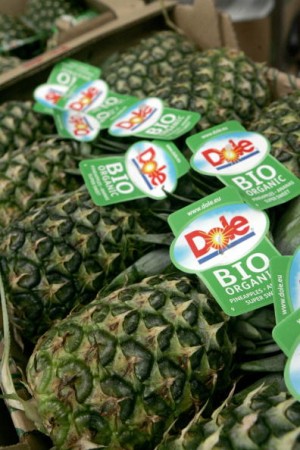Gentrification Making Food Cheaper?

Mayela Lopez / Getty Images
On the positive side of gentrification, the process of wealthier folks moving into low-income neighborhoods could mean reduced prices for organic and locally-grown produce. Racialicious digs into how this phenomena may be occurring in Brooklyn:
After leaving Bar Sepia one night, we passed by one of the mister’s old standard bodegas (basically, a convenient store), but he did a double take… and eventually, a full stop.
“Wow, man,” was all I heard. “Gentrification is real.”
The bodega wasn’t simply a “bodega” anymore. It was, apparently, an organic produce store… with respectable prices.
… If increased presence of money means increased produce… then increased produce – by nature of trying to one-up their competitors – means increased presence of organics, which means increased presence of local produce… which eventually means decreased price. Competitors are constantly trying to one-up each other, and they do that by decreasing the price of the necessities while offering special and unique products at a premium.
This is a strange situation. Gentrification, that which has been cast off as such a dirty word (and has people, like the above, ashamed to no longer be poverty-status poor?), is actually making food cheaper. I mean, damn – never in my life have I seen an organic red pepper go for $0.99.
But as neighborhoods gentrify, will low-income residents be able to afford rents to remain? Cheaper groceries are good, particularly for folks with less money, but will they be around to enjoy 99-cent peppers?





